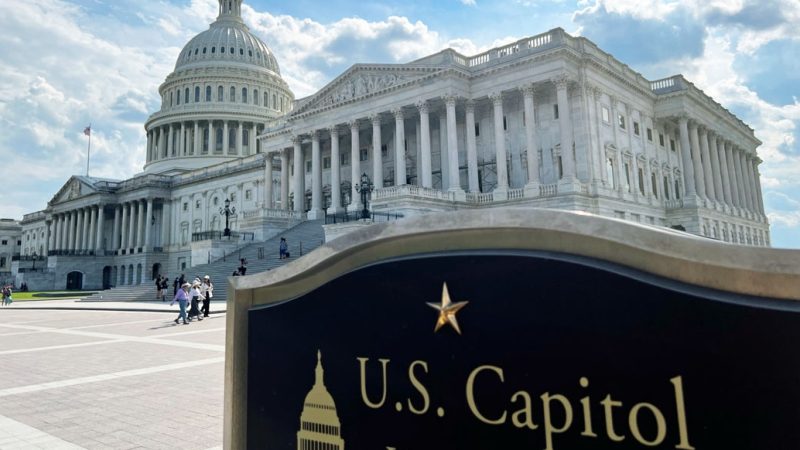The U.S. House of Representatives achieved a significant legislative milestone for the cryptocurrency industry on Wednesday by passing the Financial Innovation and Technology for the 21st Century Act (FIT21). The bill, which aims to establish a comprehensive regulatory framework for digital assets, passed with a 279-136 vote, showcasing strong bipartisan support.
Historic Legislative Victory for Crypto
The passage of FIT21 represents the most substantial policy win for the crypto industry in U.S. history. This bill marks the first time a major piece of crypto legislation has successfully cleared one chamber of Congress. However, the bill now faces an uncertain future in the Senate, where no counterpart legislation currently exists, and support remains ambiguous.
Need for Clear Regulations
The U.S. has lagged behind other countries in creating regulations for the crypto market. Despite this week’s success, implementing effective oversight is still a work in progress. “We need rules of the road,” said Rep. Josh Gottheimer (D-N.J.), who defied opposition from the White House and the ranking Democrat on the House Financial Services Committee, Rep. Maxine Waters (D-Calif.). Gottheimer described the bill as “well-reasoned, thoughtful, bipartisan legislation” and urged for cooperative efforts to turn it into law.
Bipartisan Support and Opposition
A total of 71 Democrats joined 208 Republicans in voting for the bill, while 133 Democrats and 3 Republicans opposed it. President Joe Biden expressed opposition to the bill but did not issue a veto threat, as he did with a recent Congressional attempt to overturn an SEC crypto accounting policy. SEC Chair Gary Gensler also criticized the bill, arguing that it jeopardizes existing securities regulations.
Key Provisions of the Bill
Driven primarily by House Republicans, the legislation aims to:
- Establish a regulatory regime for U.S. crypto markets
- Implement consumer protections
- Designate the Commodity Futures Trading Commission (CFTC) as the primary regulator for digital assets and non-securities spot markets
- Clearly define what classifies a crypto token as a security or a commodity
Also Read: Taiwan Proposes Stringent AML Regulations for Crypto Firms
Controversy and Debate
Rep. Maxine Waters argued that the bill allows crypto businesses to evade securities laws, which she claims have enabled them to make billions of dollars unlawfully. “Republicans are now proposing to reward these illegal activities by making these activities legal,” Waters stated.
Amendments and Future Prospects
Before the vote, the House debated several amendments. Rep. Greg Casar’s (D-Texas) proposal to reduce a crowdfunding exemption from $75 million to $5 million was defeated, while amendments by Reps. Brittany Pettersen (D-Colo.), Ralph Norman (R-S.C.), and Scott Perry (R-Pa.) were adopted.
The next steps for FIT21 involve navigating the Senate, where its future remains uncertain. The necessary committees have yet to engage in significant work on crypto regulations, leaving the industry’s most important legislative effort in a state of suspense.
